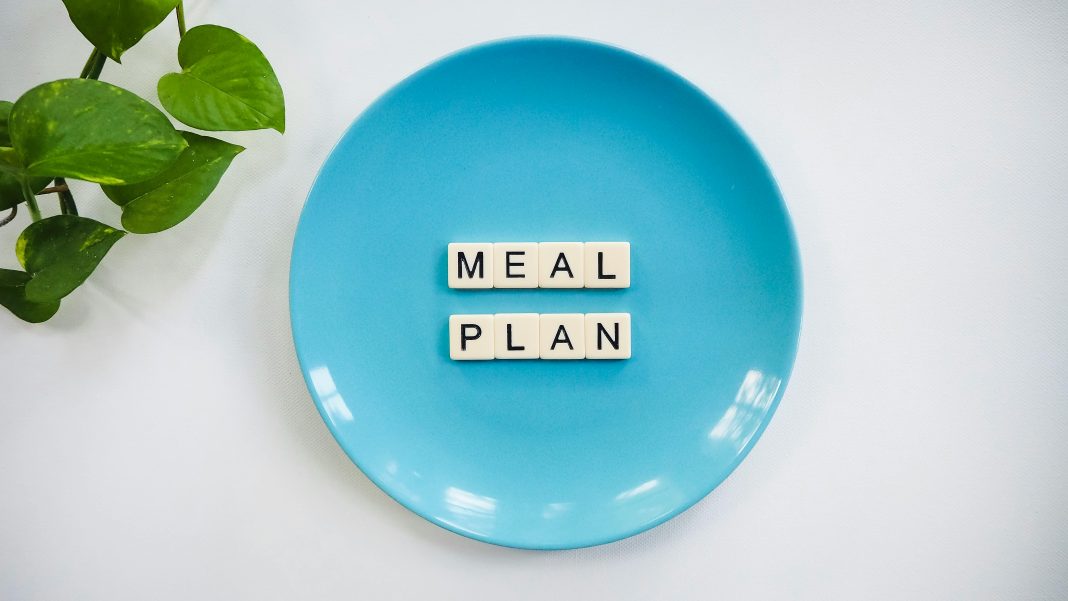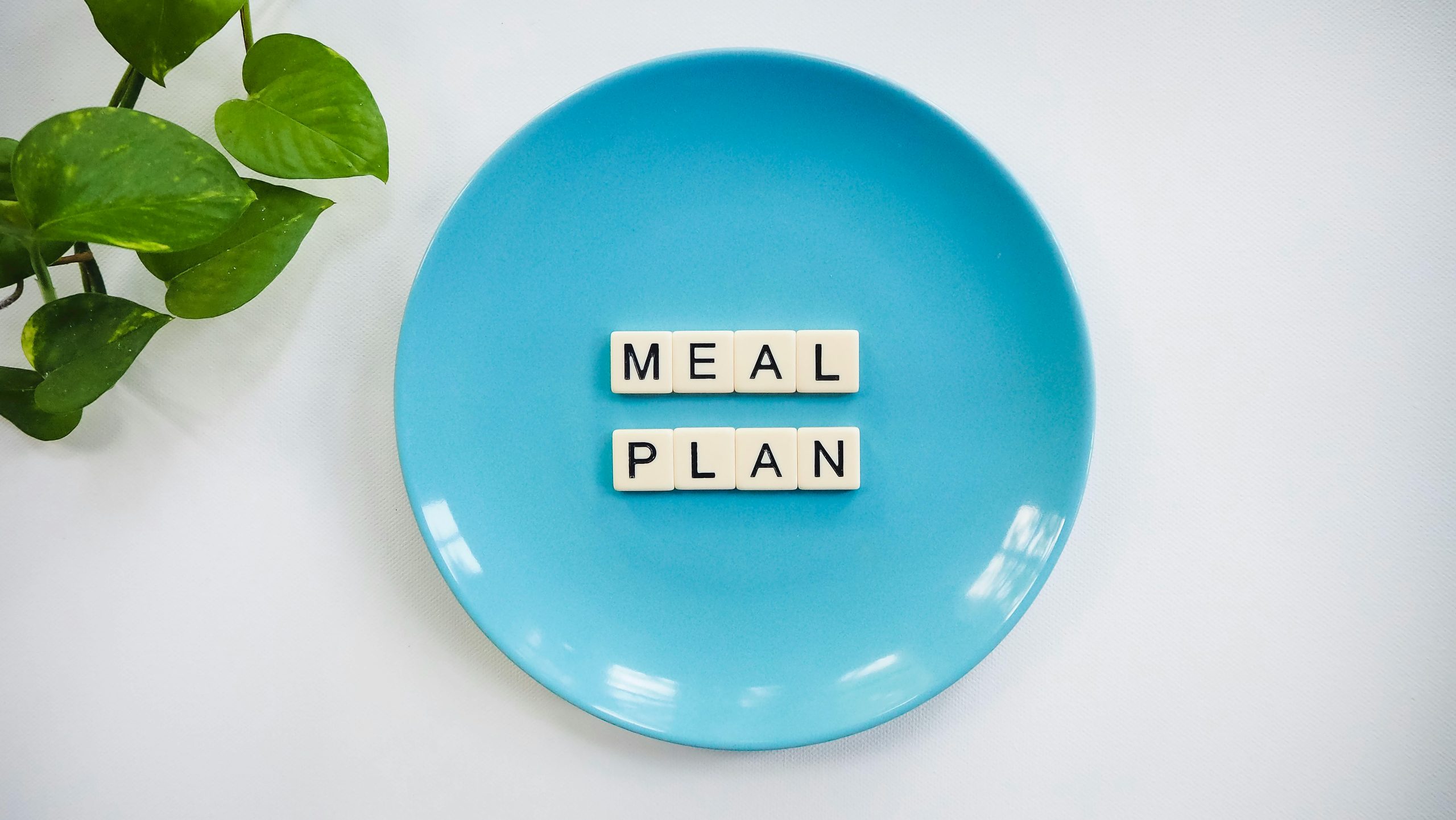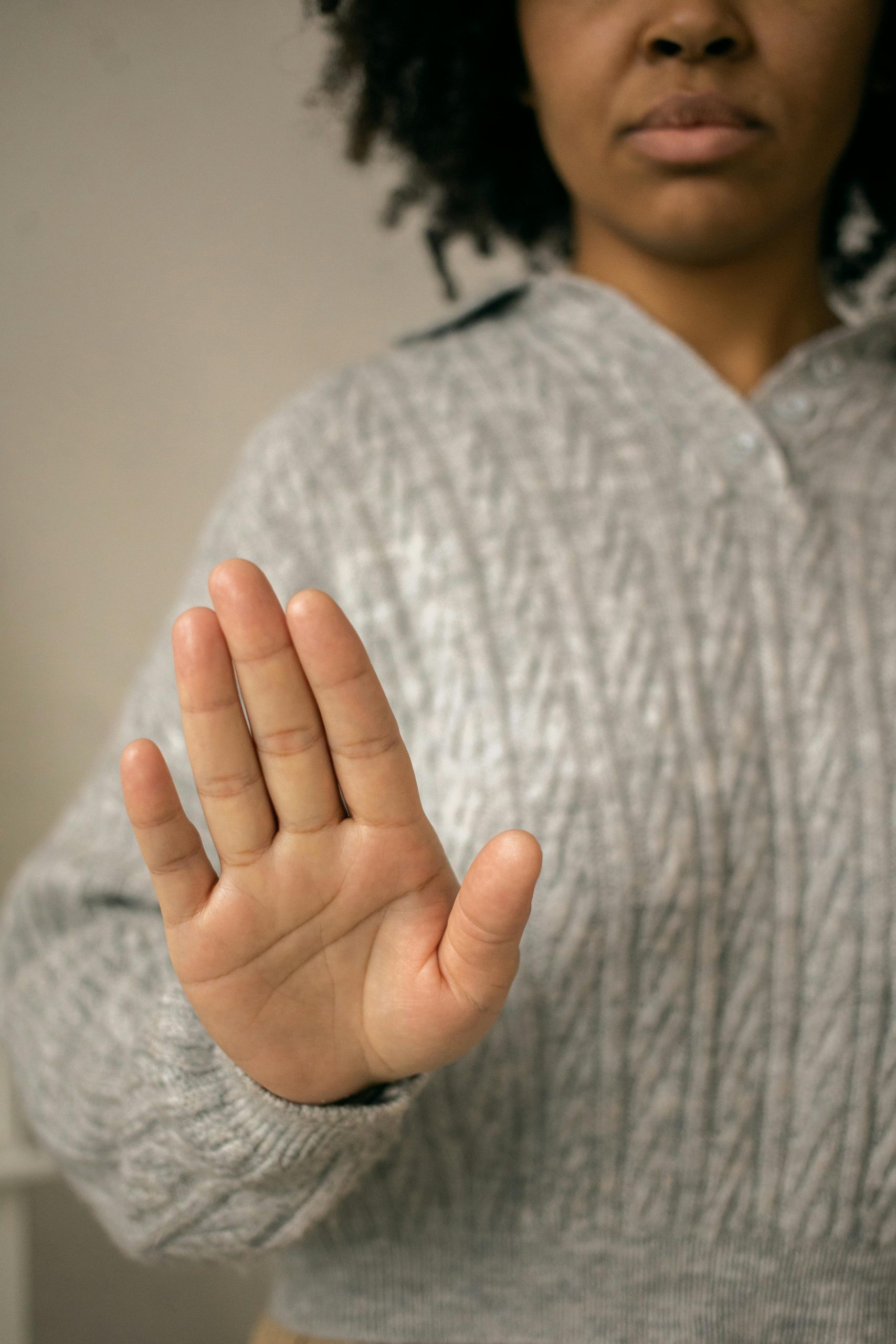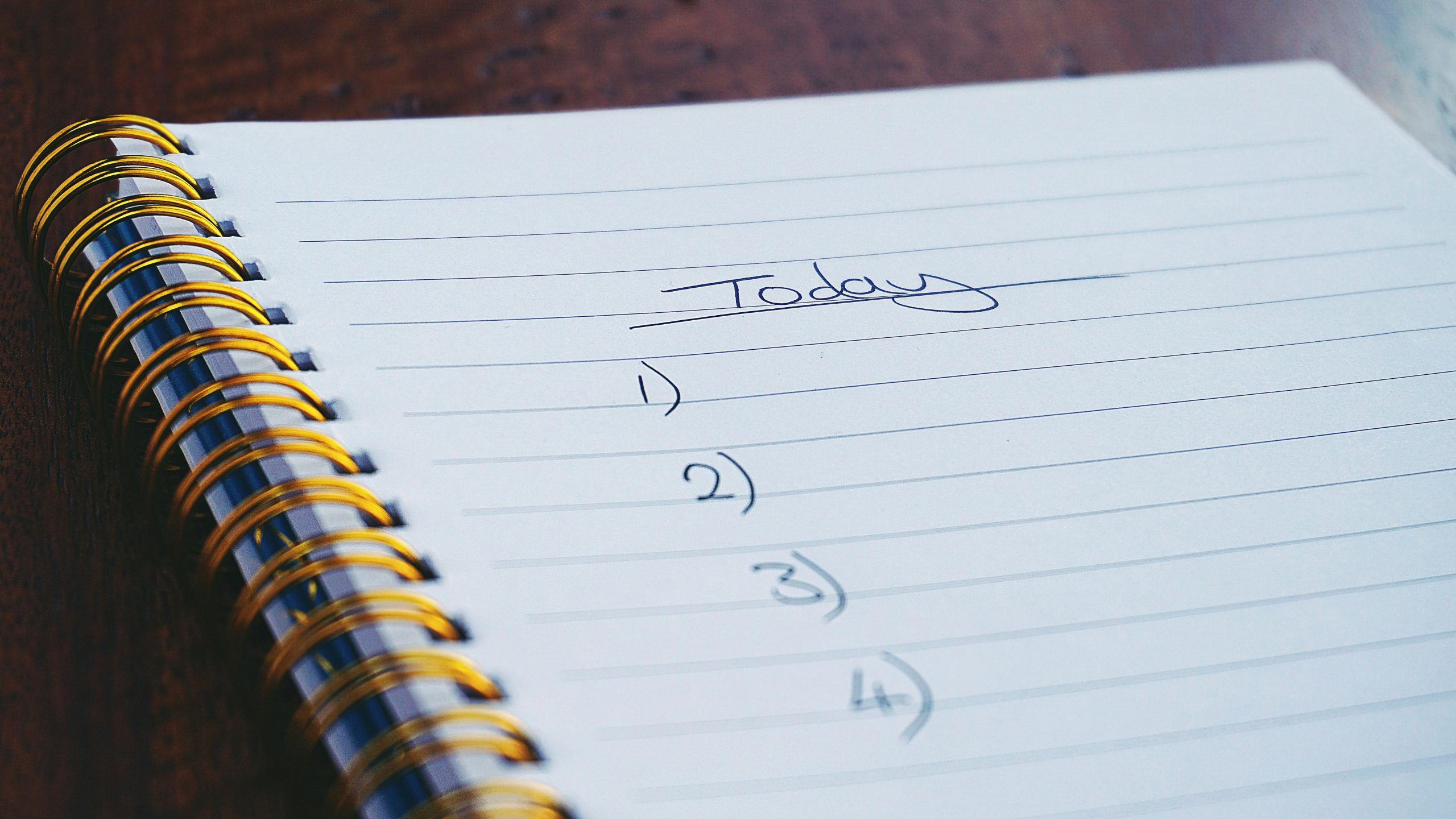When you’re on a low-calorie diet, you usually get between 800 and 1,500 calories a day. For some people, an alternative for short-term weight loss is a very low-calorie diet.
Many very low-calorie diets are commercially-made formulas of 800 calories or fewer that replace all the food you usually eat. Others, such as the well-known grapefruit diet rely on eating a lot of the same low-calorie food or foods.
Very low-calorie diets are not the same as over-the-counter meal replacements, which you substitute for one or two meals a day.
How Effective Are Very Low-Calorie Diets?
If you have a BMI over 30 (which your doctor will call “obese”), then a very low-calorie diet may let you lose about 3 to 5 pounds per week, for an average total weight loss of 44 pounds over 12 weeks.
Losing that amount of weight may improve weight-related medical conditions, including diabetes, high blood pressure, and high cholesterol. But in the long-run, very low-calorie diets aren’t more effective than more modest diets. Once you go off a diet, you need to change your lifestyle, committing to healthy eating and regular physical activity.
Are Very Low-Calorie Diets Safe?
Very low-calorie diets are not OK for everyone. Talk to your doctor to see if this kind of diet is appropriate for you.
If your BMI is greater than 30, then very low-calorie diets are generally safe when used under proper medical supervision. For people who are overweight but not obese (BMI of 27-30), very low-calorie diets should be reserved for those who have weight-related medical problems and are under medical supervision.
Very low-calorie-diets are not recommended for pregnant or breastfeeding women, and are not appropriate for children or teens except in specialized treatment programs. They also may not be OK for people over age 50, either, depending on the potential need for medications for pre-existing conditions, as well as the possibility of side effects.
What Are the Side Effects of Very Low-Calorie Diets?
People on a very low-calorie diet for 4 to 16 weeks report minor side effects such as fatigue, constipation, nausea, and diarrhea. These conditions usually improve within a few weeks and rarely prevent people from completing the program.
Gallstones are the most common serious side effect of very low-calorie diets. Gallstones are more common during rapid weight loss. When the body experiences a calorie deficit, it starts to break down fat for energy. The liver then secretes more cholesterol and when combined with bile, can form gallstones.
What Are the Other Drawbacks of Very Low-Calorie Diets?
To be healthy, you need a balance of foods from different food groups. It’s difficult to get good nutrition and feel satisfied on a very low-calorie diet. In addition, consuming as few as 800 calories daily may not give you the energy you need for daily living and regular physical activity, especially if you eat the same foods every day.
Talk to your doctor or dietitian to make sure you get the nutrients you need while on a very low-calorie diet.
Cre: WebMD








